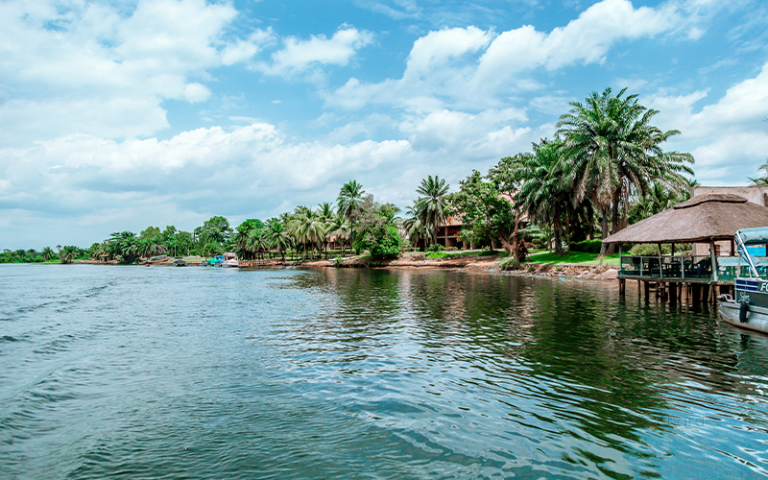How can a green recovery from COVID-19 be achieved in Ghana?
18 October 2021
Read the latest policy brief from the GCRF funded project Greening the Economic and Social Recovery in Ghana and Zambia discussing how Ghana can achieve a green recovery from the COVID-19 pandemic.

Ghana is one of the 195 countries that have ratified the Paris Agreement and signalled its commitment to address climate change. Ghana has also adopted the UN Sustainable Development Goals (SDGs), a universal call to end poverty, protect the planet and ensure all people enjoy peace and prosperity by 2030.
Ghana has been severely affected by COVID-19. Thousands lost their jobs due to significant shocks to entire industries and sectors, and there has been deepening vulnerability of at-risk and marginalised populations. The pandemic has also revealed infrastructural deficits and the vulnerability of some sectors.
This policy brief highlights opportunities for integrating 'green' solutions into Ghana’s economic recovery plans following the COVID-19 pandemic. It is based on an analysis of the government's current policies and plans, and interviews with 22 sector experts and stakeholders. The briefing includes three main policy recommendations: - Ghana needs to implement more ambitious green recovery plans to meet its climate change and sustainable development goals - These plans should include more incentives for innovation, for example in waste segregation and recycling, the production of renewable energy and clean mass transport - Policies need to have a greater level of responsiveness, with periodic review and assessment to enhance their relevance over time.
This policy briefing is an output from GCRF funded project Greening the Economic and Social Recovery in Ghana and Zambia, which is a collaboration between UCL, the University of Ghana and the Zambia Institute of Policy Analysis and Research. The briefing is led by Dr Simon Bawakyillenuo from the Institute of Statistical Social and Economic Research (ISSER), University of Ghana; with five co-authors from ISSER and UCL.
Links
- Visit the project pages
- University of Ghana
- Zambia Institute of Policy Analysis and Research
- Photo by Kofi Nuamah Barden on Unsplash
 Close
Close

